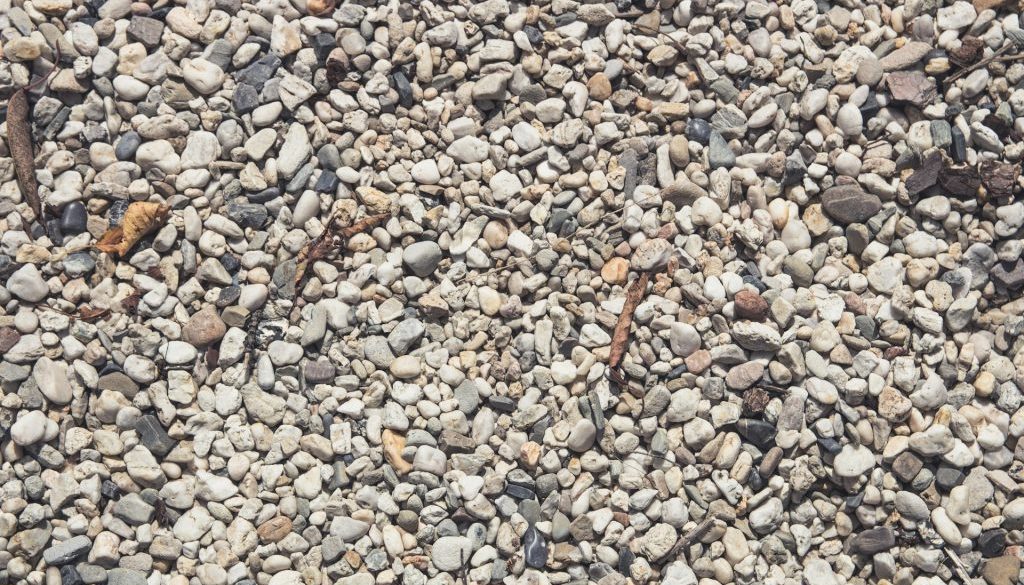In the intricate world of construction, the selection of appropriate aggregates and gravel holds paramount importance. A misjudgment in this crucial choice can lead to compromised structural integrity and subpar quality of the finished project. However, with the vast array of options available, making an informed decision can often seem overwhelming. This is where expert guidance comes into play!
From identifying the right type and size of aggregates to understanding the role of grading in the selection process, this insightful guide will equip you with the necessary tools to make a well-informed decision. Whether you’re a seasoned contractor or a novice DIY enthusiast, these expert tips will prove invaluable in your quest for high-quality construction aggregates. So, delve into this guide and empower your construction endeavours with the wisdom of industry experts.
Understanding Different Types of Aggregates and Their Applications
Aggregates play a crucial role in the construction industry as they form the basis of various construction materials, such as concrete, mortar, and asphalt. They are categorised into two main types, depending on their source: primary and secondary aggregates.
Primary aggregates are naturally occurring materials, such as sand and gravel, while secondary aggregates are created as a by-product of industrial processes or extracted from recycled construction materials. The most common types of aggregates include:
- Sand: Sand is a fine aggregate used as a fundamental component in the production of concrete and mortar mixtures. It can be sourced from natural deposits or manufactured from crushed rocks.
- Gravel: Gravel is a coarse aggregate that is typically used in the construction of driveways, roads, and concrete slabs. It can be composed of various rock types, such as limestone, granite, or basalt.
- Crushed Stone: Crushed stone is a popular aggregate choice for a range of construction projects, due to its versatility and durability. Produced by crushing rocks or recycled materials, it can be utilised as a base material, drainage aggregate, or for decorative purposes.
- Recycled Aggregates: Recycled aggregates are obtained from the processing of construction and demolition waste, providing an eco-friendly alternative to primary aggregates. They are suitable for use in concrete production, road construction, and as a base layer for various projects.
Factors to Consider When Selecting Aggregates and Gravel
To choose the right aggregates and gravel for your project, it is essential to consider various factors that determine the suitability of the materials for your specific construction needs:
- Project Specifications: The type of construction project plays a crucial role in determining the most suitable aggregates. For instance, a project requiring high strength and durability would benefit from using crushed stone, while a landscaping project might necessitate decorative gravel.
- Structural Performance: The structural performance of the aggregate material is vital, as it impacts the overall quality and longevity of your construction. Always select aggregates and gravel with satisfactory mechanical properties to ensure long-lasting structures.
- Natural Availability: The local availability of aggregate materials can significantly affect the cost and environmental impact of your project. Where possible, opt for locally sourced aggregates to minimise transportation costs and reduce greenhouse gas emissions.
- Environmental Considerations: Using environmentally friendly materials, such as recycled aggregates, can contribute to sustainable construction practices. Assess the environmental impact of the aggregate materials you are considering and strive to use eco-friendly options whenever feasible.
Importance of Quality Control and Testing
To ensure optimum performance of the aggregates and gravel used in your project, it is essential to carry out quality control and testing. These processes help verify the materials’ suitability for your specific requirements, avoiding issues that could jeopardise the project’s quality or safety. Some common aggregate testing methods include:
- Sieve analysis: This test determines the particle size distribution of aggregate materials, validating that the particles conform to the required specifications.
- Moisture content: Estimating the moisture content of aggregates is crucial for accurate mixing ratios when preparing concrete or mortar.
- Aggregate crushing value: This test assesses the aggregates’ ability to withstand compressive loads, ensuring the material can support the necessary weight and pressure without disintegrating.
Working with a reputable supplier like Enviro Skip Hire guarantees access to high-quality, thoroughly tested aggregates and gravel that comply with industry standards and meet your project’s requirements.
Benefits of Partnering with Enviro Skip Hire
Collaborating with a trusted supplier like Enviro Skip Hire offers numerous advantages for sourcing the ideal aggregates and gravel for your construction project:
- Wide Range of Aggregate Options: Enviro Skip Hire provides a diverse range of aggregates and gravel suited to various applications, catering to your specific construction needs.
- Quality Assurance: Enviro Skip Hire maintains strict quality control standards, ensuring that the aggregates and gravel supplied exceed industry benchmarks and meet your requirements.
- Commitment to Sustainability: With a focus on environmental responsibility, Enviro Skip Hire offers various sustainable aggregate options, such as recycled materials, helping you contribute to greener construction practices.
- Expert Advice and Support: Enviro Skip Hire’s experienced team can provide expert advice on selecting the appropriate aggregates and gravel for your project, assisting with technical queries and offering guidance throughout the process.
Understanding the Role of Aggregates and Gravel in Construction
Choosing the right aggregates and gravel for your construction project is critical for achieving a perfect balance of structural integrity, aesthetics, and cost-effectiveness. By understanding the different types of aggregates and their applications, considering essential selection factors, and implementing quality control and testing, you can make informed choices that optimise your project’s success.
Partnering with a reputable supplier like Enviro Skip Hire ensures access to high-quality 6F2 aggregates and gravel, tailored advice, and a commitment to sustainability. By selecting the appropriate materials for your construction needs and working with a trusted supplier, you can create durable and visually appealing structures that stand the test of time.




